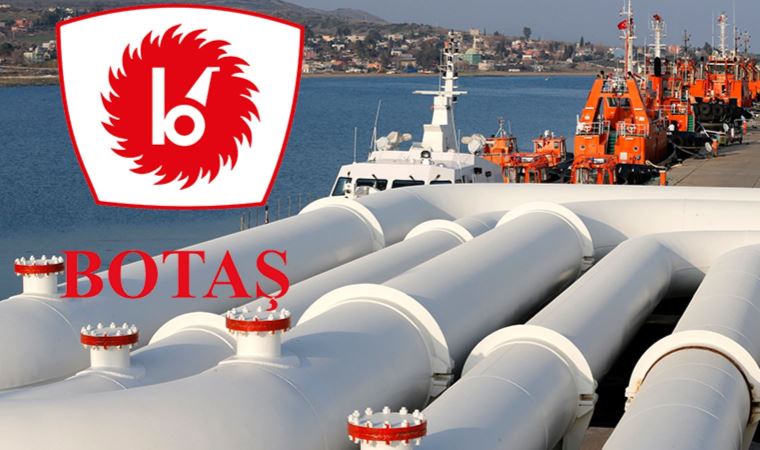Turkey’s state energy company BOTAS is expected to turn to the central bank to help meet its growing need for hard currency and to support the lira as gas prices and demand climb during the peak consumption winter months, two officials told Reuters.
As per the news the government intends BOTAS to tap the central bank’s foreign reserves to help limit any further depreciation in Turkey’s currency, which has fallen to all-time lows beyond 10.5 to the dollar.
The central bank declined to comment. The Treasury and Energy Ministry did not immediately respond to requests for comment. BOTAS does not comment publicly on such matters.
Given the need of extra natural gas purchases, its need for hard currency is expected to remain high until March, one of the officials said, requesting anonymity. BOTAS buys liquefied gas on the spot market, where prices have soared.
Instead of securing dollars on the open market – where the lira has shed 29% this year – BOTAS could turn to the central bank.
Rising BOTAS purchases could limit a recovery in the central bank’s foreign holdings, which remain depleted after some $128 billion was used in 2019 and 2020 to support the lira in what analysts called unorthodox market interventions.
“Demand from BOTAS will be much more than previously estimated (and) such sudden demand can damage the already fragile balances,” the first official said, requesting anonymity because he was not authorised to speak on the issue.
The official added the central bank would meet demand over this period.
The second source said the government aimed to limit any foreign-exchange damage in the November-March period given that spot orders for natural gas would have a large impact.
The central bank’s total foreign reserves are $125 billion, the highest since 2015. Net reserves are $32 billion after a dive below $10 billion in April, while holdings are clearly negative once swaps with local banks are excluded. (Full Story)
Analysts say the central bank’s premature interest rate cuts hit the lira, adding that the thin reserves and high foreign debt obligations risk private sector defaults and deeper balance of payments problems. (Full Story)
After a lull, the central bank’s sales of hard currencies to BOTAS jumped to $258 million last month, official data shows. In June – the only other month this year with such transactions – it sold $269 million to the energy importer.
Rising costs and lower market liquidity made it very likely that the bank would continue to meet some BOTAS demand of possibly more than $1 billion per month this winter according to Reuters.
